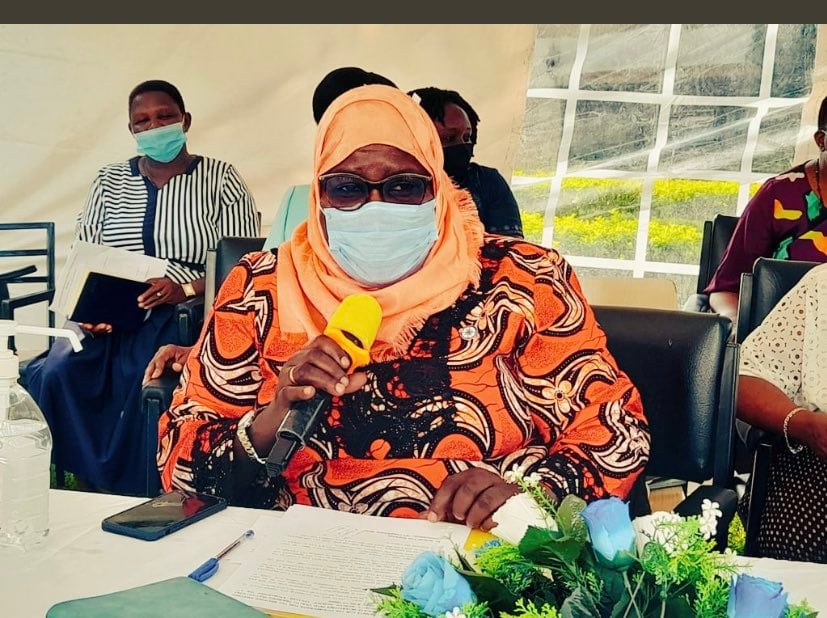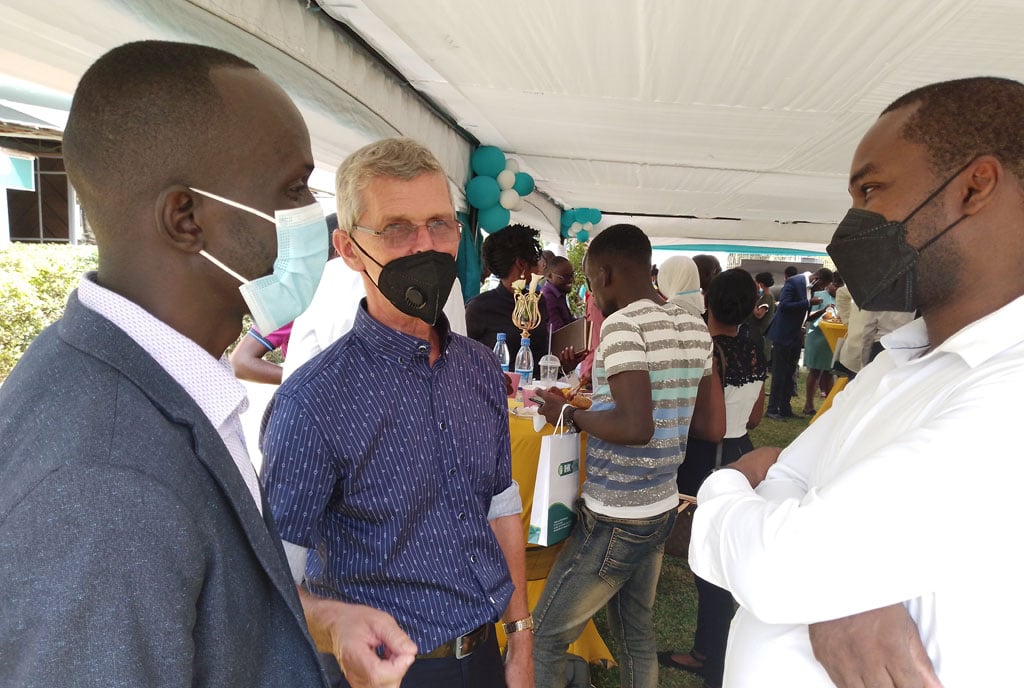Govt introduces new curriculum for medics

HET Commissioner Dr Safinah Kisu Museene. FILE PHOTO/ COURTESY
What you need to know:
- Dr Museene said the curriculum is intended to help health workers to better manage emergency and accident survivors’ right from the scenes of accidents
The Ministry of Education and Sports has developed a new curriculum for health training institutions.
The emergency and accidents care curriculum developed by the Education ministry in partnership with the department of emergency and ambulance in the Ministry of Health and the Allied Health Professionals Council, is intended to nurture professionals who can ably handle emergency and accident cases and save lives.
This was disclosed by Dr Safinah Kisu Museene, the Commissioner for Health Education and Training Institutions, yesterday while briefing the media at the Uganda Media Centre about the health education workshop that will take place in Entebbe from April 27 to April 30.
Dr Museene said the curriculum is intended to help health workers to better manage emergency and accident survivors’ right from the scenes of accidents.
She noted that most times, victims are never able to make it to a nearby hospital because of lack of guiding policies, which sometimes results in loss of life.
“The curriculum is a new one. We have been having modules within the big curriculum, but after the creation of a full department in the Ministry of Health, we have seen a need for such cadres to save lives. Many people involved in accidents sometimes get complications because of poor handling,” she said.
Dr Museene said the implementation of the new curriculum will commence during the July 2022 intake.
Under the curriculum, students will pursue a two-year certificate course in Emergency and Accidents Care.
Piloting
Dr Museene said the curriculum will first be piloted at Rubaga Hospital Training School before it is rolled out to other health training institutions.
The World Health Organisation road safety report indicates that there are 27.4 traffic deaths per every 100,000 people every year in Uganda.
According to the National Referral Hospital Accident and Emergency department, more than 1,000 cases are registered a month, the majority of which about (40 percent) are caused by road accidents.
The commissioner also warned private health training institutions against admitting students before securing a license from the Ministry of Education.
She said those who do not abide by the set standards risk being arrested.
Dr Museene also ordered health training institutions to stop admitting senior four students who are below 18 years saying they are not mature enough to handle health issues.
“We only take adults who are 18 years old according to the Constitution of Uganda.
They are able to appreciate and manage different situations within the hospital environment, manage patients and also be trusted by patients. No patient will feel comfortable when a child is attending to them,” she said.
Speaking at the same function, the chairperson of Association of Principals of Health Training Institutions in Uganda, Ms Rose Nassali, said: “We do recognise that nowadays we have young children that qualify at Senior Four. We have advised them to wait until they are 18 years. That is when they can be adults to manage fellow adults.”





